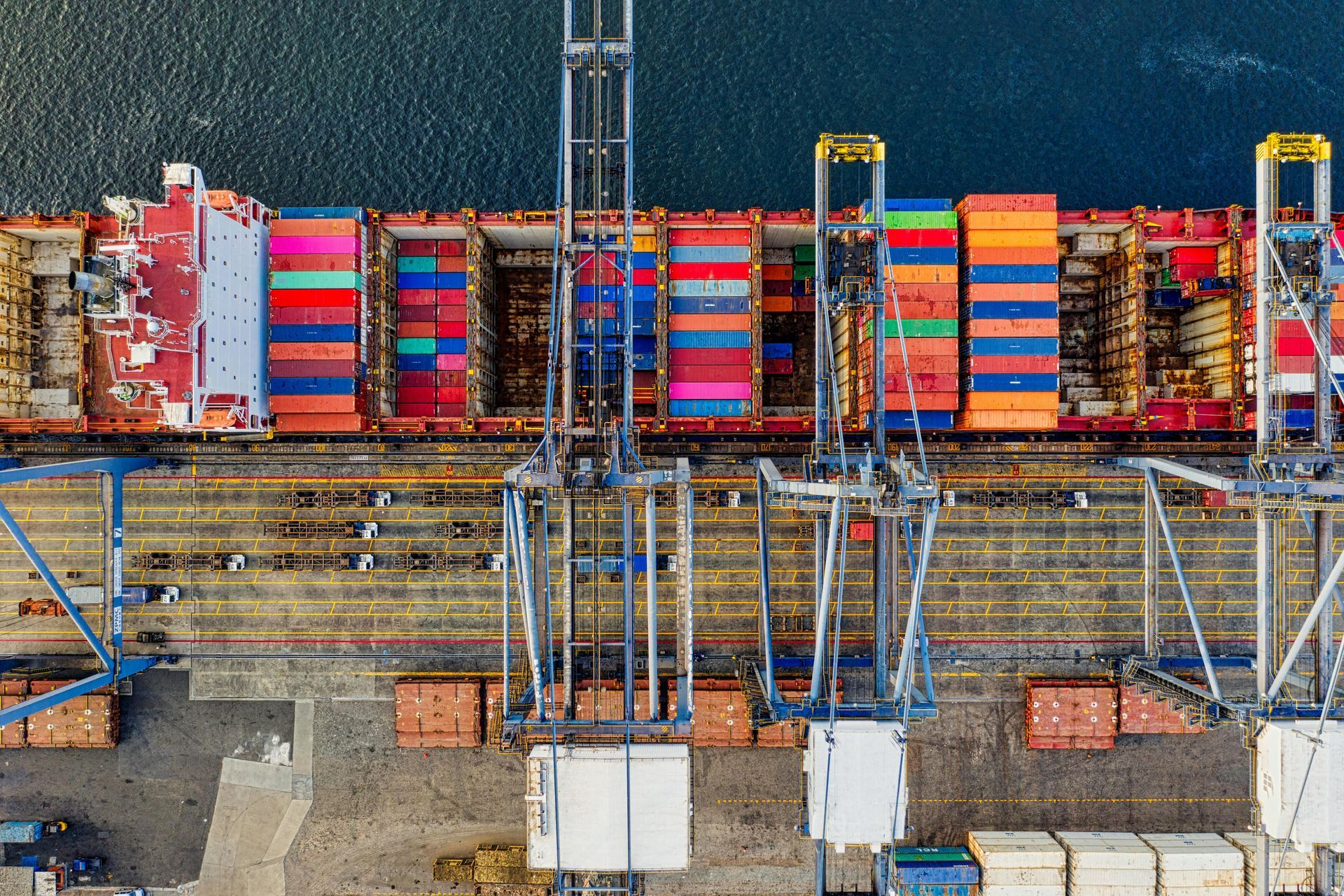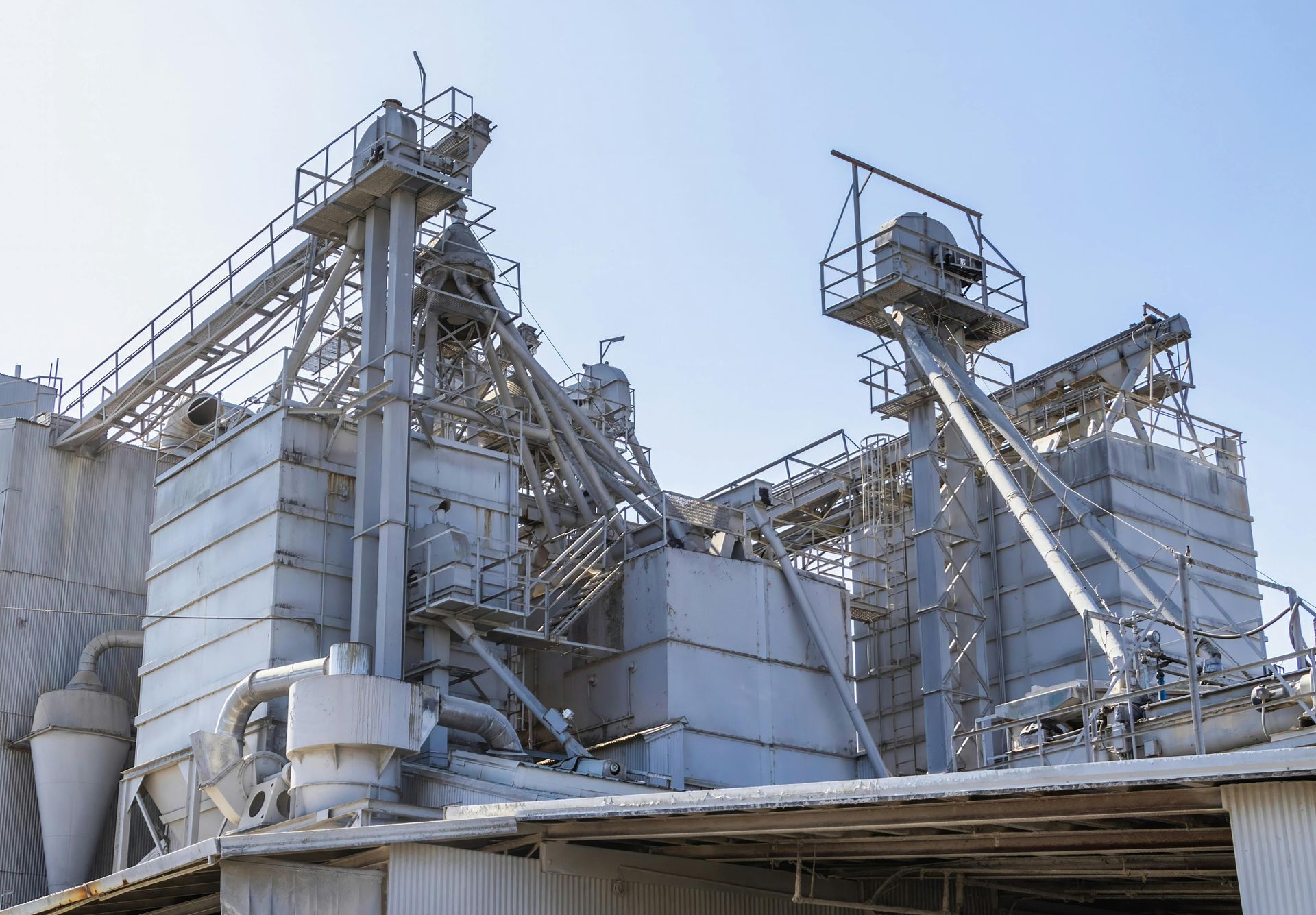Regulations and formalities for exporting your products to Türkiye
Regulations and formalities for exporting your products to Türkiye

Türkiye is a strategic market for companies looking to expand internationally, particularly in Europe, Asia, and the Middle East. As a country at the crossroads of continents, it offers vast opportunities for exporters. However, to successfully export your products to Türkiye, it is essential to understand the specific regulations and administrative formalities governing this market.
1. Understanding trade agreements and customs tariffs
Before exporting to Türkiye, it is crucial to understand the trade agreements between Türkiye and the country of origin. As a member of the Customs Union with the European Union, Türkiye benefits from preferential access to the European market, significantly reducing customs duties on many European products.
Additionally, Türkiye has signed several free trade agreements with countries in Asia, the Middle East, and Africa. These agreements allow exporting companies to benefit from tariff reductions and other advantages, but the conditions vary depending on the products and countries of origin. It is therefore important to check the applicable customs tariff for your products before initiating the export process.
2. Identifying customs formalities
Exporting goods to Türkiye requires compliance with strict customs formalities. The main procedures to follow for a smooth importation include:
- Customs declaration: exporters must submit a customs declaration detailing the shipped products. This declaration is made online via the Turkish customs electronic system (BILGE).
- Commercial invoice: the commercial invoice, written in English, must include information about the exporter, recipient, and a detailed description of the products. Accuracy is essential to avoid delays or compliance issues.
- Certificate of origin: this document certifies the origin of the products and may be required to benefit from preferential agreements or customs duty exemptions. A certificate of origin can be issued by the chamber of commerce or another competent authority in the exporting country.
- Health and Pphytosanitary certificates: for certain products, especially those related to agriculture, health, and food, sanitary or phytosanitary certificates are required to ensure compliance with Turkish standards.
- Product classification (HS Code): each product must be correctly classified according to the international product nomenclature (Harmonized System, HS Code). This classification determines the applicable customs duty rate and specific import requirements.
3. Verifying product-specific requirements
Certain product categories are subject to stricter regulations to protect health, the environment, or consumer safety. Examples of regulated products include:
- Food and beverages: these must meet strict standards for food safety, labeling, and packaging. The Turkish Ministry of Agriculture and Forestry oversees these regulations.
- Cosmetics and pharmaceuticals: cosmetics and medicines require inspections and market authorization. They must comply with the safety and efficacy criteria established by the Ministry of Health.
- Chemicals and hazardous products: exporting chemical or hazardous products is highly regulated. Compliance with Turkish safety and environmental protection standards is mandatory.
- Vehicles and automotive parts: vehicles and auto parts must be certified according to Turkish safety standards, which align with those of the European Union.
For each product category, it is essential to research specific Turkish standards before proceeding with exports.
4. Complying with labeling and packaging standards
Product labeling for exports to Türkiye must meet specific language, safety, and content requirements. Labels must be in Turkish and include:
- Product name
- Product description
- Composition (especially for food, cosmetics, and pharmaceuticals)
- Safety and usage information
- Expiry date or shelf life for certain products
Regarding packaging, it must be suitable for protecting products during transport and compliant with safety standards. For sensitive products (food, electronics, etc.), packaging must also meet environmental criteria set by Turkish authorities.
5. Tax and fiscal formalities
Exporters must also be aware of applicable taxes and charges in Türkiye:
- VAT: in Türkiye, exports are generally exempt from VAT, which is an advantage for exporters. However, the local VAT (18%) may apply to certain transactions within Türkiye, such as B2B sales or direct-to-consumer sales.
- Customs duties: customs duties vary depending on the product, as mentioned earlier. They can be negotiated under preferential trade agreements, but a standard tariff is also in place for products not covered by these agreements.
6. Support and guidance for exporters
To successfully export your products to Türkiye, it is highly recommended to work with local partners. These experts (legal, customs, tax advisors, etc.) can help you navigate Türkiye’s regulatory framework, prepare the necessary documents, and avoid costly mistakes.
Conclusion: thorough preparation for successful exporting to Türkiye
Understanding customs formalities, preparing the required documents, verifying product-specific standards, and complying with tax regulations are all crucial steps. By carefully planning each stage, you can not only minimize risks but also take advantage of the opportunities that this strategic market offers. Additionally, it is always advisable to engage local partners and experts to ensure the success of your export operations to Türkiye.
---
Related keywords
: trade agreements Turkey, EU-Turkey customs union, customs duties Turkey, export tariffs Turkey, free trade agreements Turkey, customs declaration Turkey, customs procedures Turkey, HS code Turkey, product compliance Turkey, food regulations Turkey, cosmetic standards Turkey, pharmaceutical exports Turkey, medical device exports Turkey, chemical product exports Turkey, VAT on exports Turkey, customs taxes Turkey, tax regulations Turkey, VAT exemption Turkey, customs expert Turkey, import-export Turkey, export consultant Turkey.













